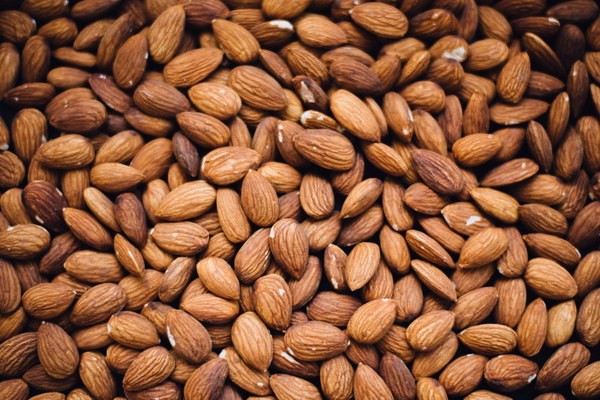Nourishing Your Body Postthe Winter Solstice A Comprehensive Guide to Winter Health
The winter solstice, marking the shortest day and longest night of the year, signifies a time when the natural world slows down and we too need to turn our attention to nurturing our bodies. As the temperature drops and daylight hours dwindle, it's crucial to adopt a winter wellness routine to keep our immune systems strong and our energy levels high. Here's a comprehensive guide to how you can embrace the season and stay healthy post-the winter solstice.
1. Embrace the Power of Warmth
As the temperature drops, it's important to keep your body warm. Opt for layered clothing, which allows you to adjust to the varying indoor and outdoor temperatures. Choose natural fibers like wool, cotton, and silk, which provide insulation and breathability. Remember to protect your extremities—your hands, feet, and head—are the first to lose heat.
2. Stay Hydrated
Many people tend to drink less water during the winter months, which can lead to dehydration. Despite the cold weather, your body still loses fluids through breathing and sweating. To stay hydrated, drink warm beverages like herbal teas, ginger tea, or warm water with lemon. Incorporating fruits and vegetables high in water content, such as oranges, cucumbers, and watermelon, can also help keep you hydrated.
3. Fuel Your Body with Nutritious Foods
Winter is a time when your body craves warmth and nourishment. Incorporate warming foods into your diet, such as root vegetables, legumes, and whole grains. These foods provide essential nutrients, vitamins, and minerals to support your immune system and keep your energy levels up. Don't forget to include plenty of antioxidants, which can help combat the effects of seasonal allergies and colds.
4. Boost Your Immune System
As the days get shorter and colder, it's important to support your immune system. Vitamin D, often called the sunshine vitamin, plays a crucial role in immune function. Since we spend less time outdoors during the winter, it's essential to get enough vitamin D through diet or supplements. Foods rich in vitamin D include fatty fish, egg yolks, and fortified dairy products. Additionally, probiotics found in yogurt and kefir can help maintain a healthy gut, which is essential for a strong immune system.
5. Practice Regular Exercise
While the cold weather may make you want to hibernate, regular exercise is essential for maintaining your physical and mental health during the winter months. Engage in activities that keep you warm, such as indoor swimming, yoga, or cycling. If you enjoy outdoor sports, invest in appropriate gear to stay warm and safe. Regular exercise can boost your mood, reduce stress, and help you sleep better.
6. Prioritize Sleep
As daylight hours decrease, it's natural to feel more tired. Prioritize getting enough sleep to allow your body to rest and rejuvenate. Aim for 7-9 hours of quality sleep per night. Create a relaxing bedtime routine, such as reading, meditation, or taking a warm bath, to help you unwind and prepare for sleep.
7. Manage Stress

Winter can be a challenging time for many people, with shorter days, colder temperatures, and holiday stress. It's important to manage stress effectively to maintain your overall health. Practice stress-reducing techniques, such as deep breathing exercises, mindfulness meditation, or spending time with loved ones.
In conclusion, embracing the winter solstice and the colder months requires a conscious effort to nurture your body. By focusing on warmth, hydration, nutrition, and self-care, you can maintain your health and well-being throughout the season. Remember that taking care of yourself is the best way to enjoy the beauty and magic of winter.









